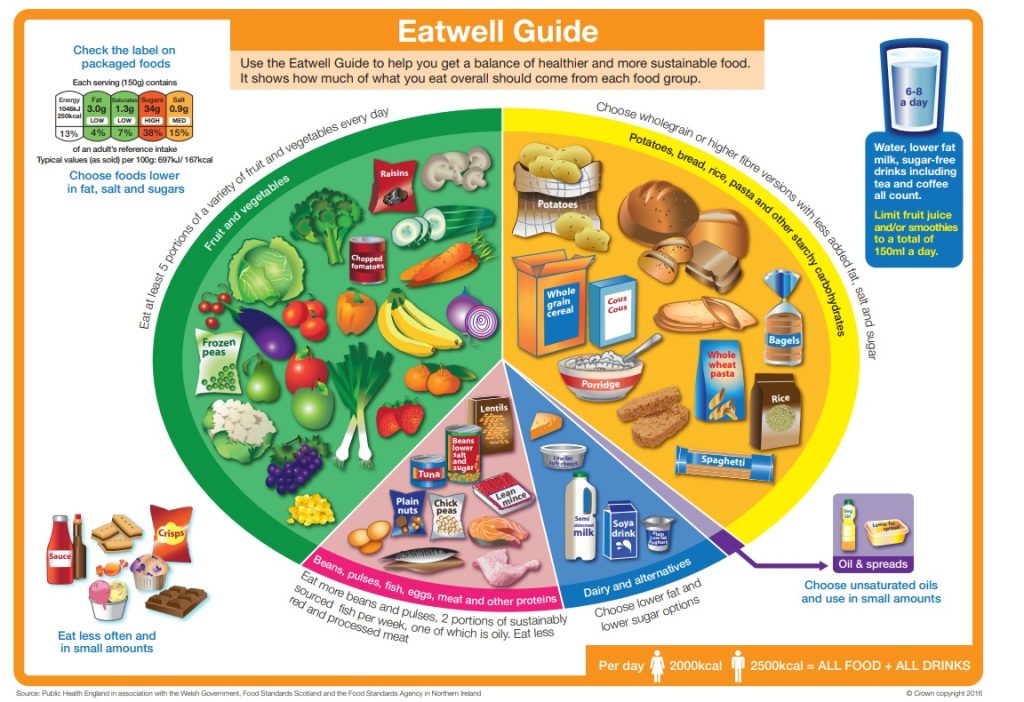What we eat is important. From our food, we get our energy and the building blocks we need to make our bones, muscles and other organs. Without the correct diet, the human body cannot function correctly and this can result in a lack of energy, poor or delayed healing, increased susceptibility to infections, impaired digestion and absorption and muscle wastage.
Cancer can make getting the right nutrition difficult, it can change what our body needs as well as making it hard to eat or absorb food. In healthcare, we try to help with this by offering extra advice and support to people who are having difficulty in getting what they need from their diet, sometimes using nutritional supplements as an additional support. Good nutrition is important before, during and after treatment for cancer.
Sometimes we can predict which people might have problems with their nutrition, others we pick up with screening questionnaires. If you feel like you are having problems with your diet or that you are losing weight, it is important to let your doctor, nurse or healthcare professional know. They may be able to offer advice on how to change your diet or refer to a dietitian for more advice.
Below is some general advice on a healthy diet, it is worth noting that this might vary between individuals depending on how your weight and appetite are affected by cancer. There are also some links that can provide further information.

Eating Well
It is important that you eat a varied diet to ensure you are getting a balance of nutrients. This will help prepare your body for any cancer treatments or surgery.
Tips for eating well:
- Try to eat regularly through the day. Aim to have 3 meals per day or eat smaller, more frequent meals and snacks if you have a smaller appetite.
- Include a source of protein at each meal, protein is required for growth, repair and maintenance.
- Starchy foods provide carbohydrates for energy and fibre. Starchy foods should make up around a third of our diet, try to include some starchy foods at each meal, choosing wholegrain/ wholemeal varieties where possible
- Aim to include fruit and vegetables for fibre, vitamins and minerals
- Include some milk and dairy foods (and dairy free alternatives) for calcium. If choosing dairy free options, try to choose varieties which are fortified with calcium
- Maintain a good fluid intake, aiming for 6-8 glasses of fluid each day
Resources
Healthy eating and cancer | Benefits of a healthy diet | Macmillan Cancer Support
Cancer and weight loss – the building-up diet | Macmillan Cancer Support
Diet and food supplements | Macmillan Cancer Support
Spotting and treating malnutrition | British Dietetic Association (BDA)
Managing Adult Malnutrition in the Community | Cancer (malnutritionpathway.co.uk)